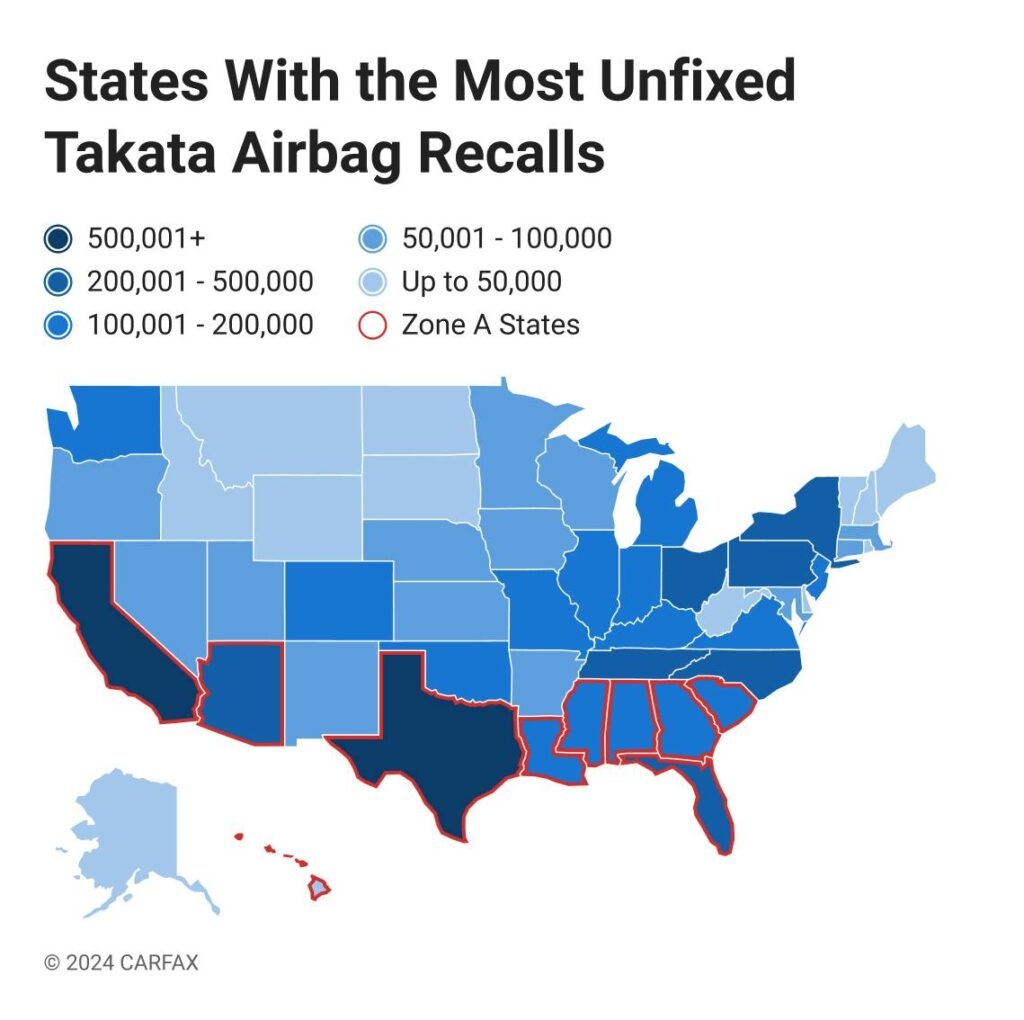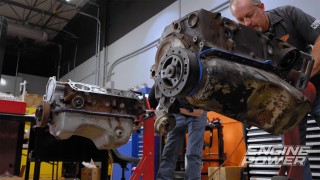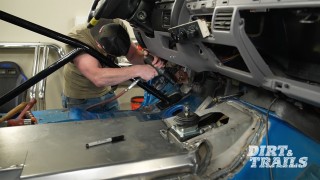Unseen Danger: How Faulty Airbags Could Be Putting You at Risk- 67 Million Recalls
The automotive world has seen its fair share of recalls, but few have had the lasting impact and widespread danger of faulty airbags. Despite being the largest recall in automotive history, millions of vehicles on U.S. roads still carry these deadly devices. Here’s a deep dive into the ongoing issue and important steps every car owner should take.

The Takata Airbag Recall: A Decade of Danger
Ten years ago, the National Highway Traffic Safety Administration (NHTSA) issued a recall for 67 million vehicles due to faulty airbags, specifically inflators made by Takata. These airbags, notorious for their potential to explode and send shrapnel into passengers, have resulted in at least 27 fatalities in the U.S. and countless injuries worldwide. Despite this, over 6.4 million vehicles on American roads still have these dangerous airbags, with a significant concentration in high-humidity states like California, Florida, and Texas.
Why Are Faulty Airbags So Dangerous?
The core of the problem lies in the airbag’s inflator, which uses an ammonium-nitrate-based propellant without a chemical drying agent. Over time, exposure to environmental moisture and high temperatures can cause the inflator to degrade and explode with excessive force, turning metal fragments into deadly projectiles. This defect has proven fatal, even in minor collisions.
Recent Developments and Continued Risks
New data from CarFax highlights the persistence of this issue. Despite ongoing efforts to replace these faulty airbags, the logistical challenges and sheer volume of affected vehicles mean that many cars remain unfixed. The NHTSA has issued specific warnings for certain models, urging owners to seek immediate repairs. Vehicles from brands like Honda, BMW, Ford, and Chrysler are among the most at risk.

Additionally, there is a growing concern over substandard replacement airbag inflators. The NHTSA recently reported that three people have died, and two have been severely injured due to these type of cheap, aftermarket parts. Often manufactured overseas and sold online at suspiciously low prices, these inflators can malfunction catastrophically, either deploying too forcefully or failing to protect occupants adequately.
What Should You Do?
Check Your Vehicle: If you own a vehicle, especially a used one, it’s crucial to determine if it has been recalled. Use NHTSA’s “Open Recall” tool by entering your VIN to see if your car is affected.
Get a Vehicle History Report: Before purchasing a used car, obtain a detailed history report. This can reveal if the vehicle has been involved in a crash and if the airbags were replaced.
Ensure Genuine Parts: When having your vehicle serviced, ask about the brand and source of replacement parts. Insist on genuine parts from reputable manufacturers to avoid the risks associated with substandard inflators.
Consult Professionals: If you suspect your vehicle might have a faulty airbag inflator, visit a trusted mechanic or dealership for an inspection. They can verify if your airbag needs replacement and ensure the safety of your vehicle.
Recall like faulty airbags is a reminder of the importance of vehicle safety and the long-term impacts of manufacturing defects. Regular checks, informed purchases, and choosing quality parts can make the difference between life and death on the road. Stay safe, stay vigilant, and keep tuning in and checking back at POWERNATIONTV.com for more essential automotive advice.
Want to read more articles like this?
Join the PowerNation Email NewsletterRead More from PowerNation
- Chapters
- descriptions off, selected
- captions off, selected
This is a modal window.









